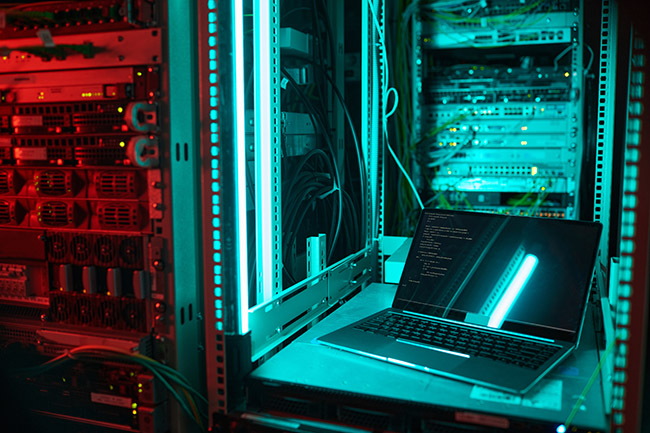
Benefits of Implementing a Software-Defined Data Center – Part 3
August 20, 2021
3 video tools to help remote workers feel connected to the hybrid office
August 23, 2021Academic institutions can reap the full benefits of the Internet age by combining information and communication technologies (ICT) with their teaching and learning environment. ICT is an extension of information technology (IT) terminology that emphasizes the unification of telecommunications, computers, software, storage, and audiovisual components on the network.
The quality of education can be significantly improved by sharing skills, resources, content, and teacher development. Teachers and students across the campus should have access to IT content and resources. Therefore, academic institutions must establish a network on every campus to achieve the same speed of data transfer at each facility.
Generally, a campus network consists of multiple local area networks (LANs) that are interconnected in a particular area. Networking components, such as switches, routers, and firewalls, and transmission media, such as copper cable and optical fiber, are utilized for communication and interconnection between connected devices.
Topology
For academic institutions such as universities and colleges, their campus networks may be interconnected with a variety of buildings, which include academic halls, administrative buildings, conference halls, dormitories, guest houses, laboratories, libraries, sports facilities, student centers, technology labs, and training centers.
A campus network will be interconnected by high-speed fiber-optic Ethernet cables with a capacity of up to 10 GB. The establishment of a campus network revolving around a core will require using a hierarchal architecture. Achieving an efficient flow of information and data traffic will need utilizing distribution and access segments.
Each block, building, facility, and the residential area will be connected by high-speed fiber optic cables. In addition, every node in the building will be connected via UTP copper cables that support gigabit speeds.
Meeting rooms, teaching rooms, and public spaces on each campus will be WiFi-enabled by deploying 802.11-based wireless access points with central authentication, allowing secure access via laptops, smartphones, tablets, and other WiFi-enabled devices.
Internet services and commonly used applications will also be installed in key locations such as study halls permitting students, faculty, and staff to easily access them via desktops and laptops throughout the day.
Alpha Business Support
Choosing an expert computer technology-support provider is an important decision for your business. Alpha has been a trusted partner of many companies in the Washington, D.C., Baltimore, and Annapolis areas since 1990. For affordable client-focused network consulting services and solutions, please call Alpha today at (410) 295-9500.




